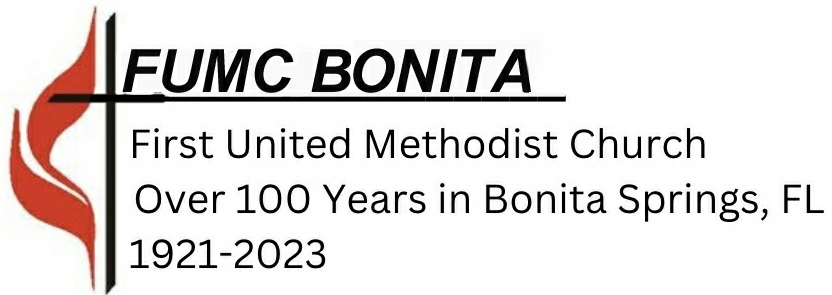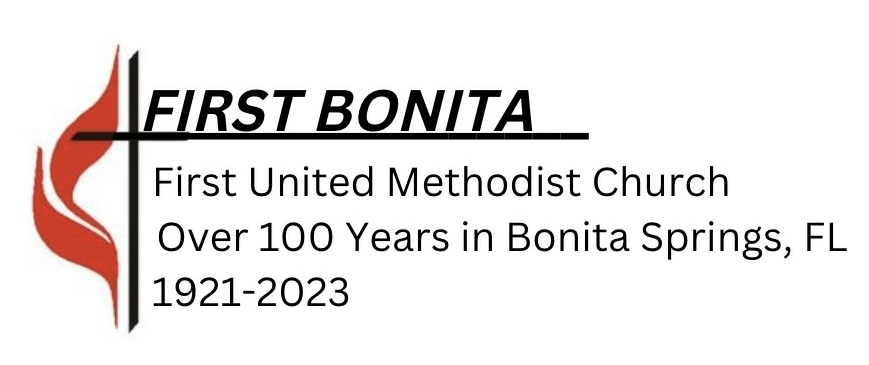Two weeks ago in “Game Not Over” I shared a half-outlined, nebulous sermon series idea about lessons I’ve learned from gaming. In it, considering roguelikes, I mentioned: “There’s something about their hard-earned progression that offers a particular experience of accomplishment and challenges me to be patient (which is not easy for me, but that’s another email).
This is that email.
Another genre I enjoy are survival crafting games. You as the player find yourself in a situation, typically an unexpected or catastrophic one, and your primary goal is to survive utilizing the resources available to you… “available” being a relative term as they need to be earned, typically through a progression of exploration, experimentation, combat, and hard-earned lessons.
Part of what I love about the genre are the ways progression typically unfolds. In Grounded, when you find yourself shrunk to the size of an ant and in an unfamiliar backyard, the chopping tool you made out of easy to find plant fiber and pebbles isn’t strong enough to cut down mushrooms or utilize crow feathers and discarded food. So you explore, you hunt bombardier beetles and larva, and you make a better one. Your capacity for chopping, hunting, gathering, and building all improve and sustain you that much more.
When you begin a survival game, it can be a frantic experience of managing hunger, thirst, safety, rest. As you progress, these become more sustainable. My first night in Grounded was an intense, dark experience building a lean-to out of clover leaves on top of a baseball hoping the prowling spiders below wouldn’t notice me. I was sick from drinking bad water and the clumps of edible-ish stuff I’d gathered barely kept me from starving. Much later, none of those needs are difficult to maintain, and the spiders fear me (mostly).
Such an experience makes me think of a quote attributed to Steve Jobs: “The journey is the reward.” In most situations, gaming and otherwise, I find it easier to focus on the more obvious goals and can find myself rushing headlong towards them. The reward is completion, winning, achieving. But a game that rewards patient exploration offers a different perspective. The experience rewards slowing down, learning, paying attention… not just to the marker of the next quest, but everything in-between, because you might learn something, you might become prepared for what’s next.
I’ve been considering this perspective recently as I begin my time serving on the District Committee on Ministry. It’s an honor to be a part, and perhaps particularly so for me given the literal decades my own candidacy process required. But as I told my own DCOM and the Board of Ordained Ministry, I don’t think that makes me a failure, I think it makes me the poster child for the process. Especially as I consider the progression of mental and emotional health, the comprehension of call and purpose, and the people I’ve had the joy of knowing and serving alongside.
But it often takes work to recognize those things. There’s not a lot of pomp and circumstance behind them. But it’s the day to day, the work, the rest, the relationships that form us. And if we’re paying attention, the journey isn’t just formative, it’s the reward.
May God’s grace guide us and help us recognize and revel in the rewards of our journey every step of the way.
Ben


